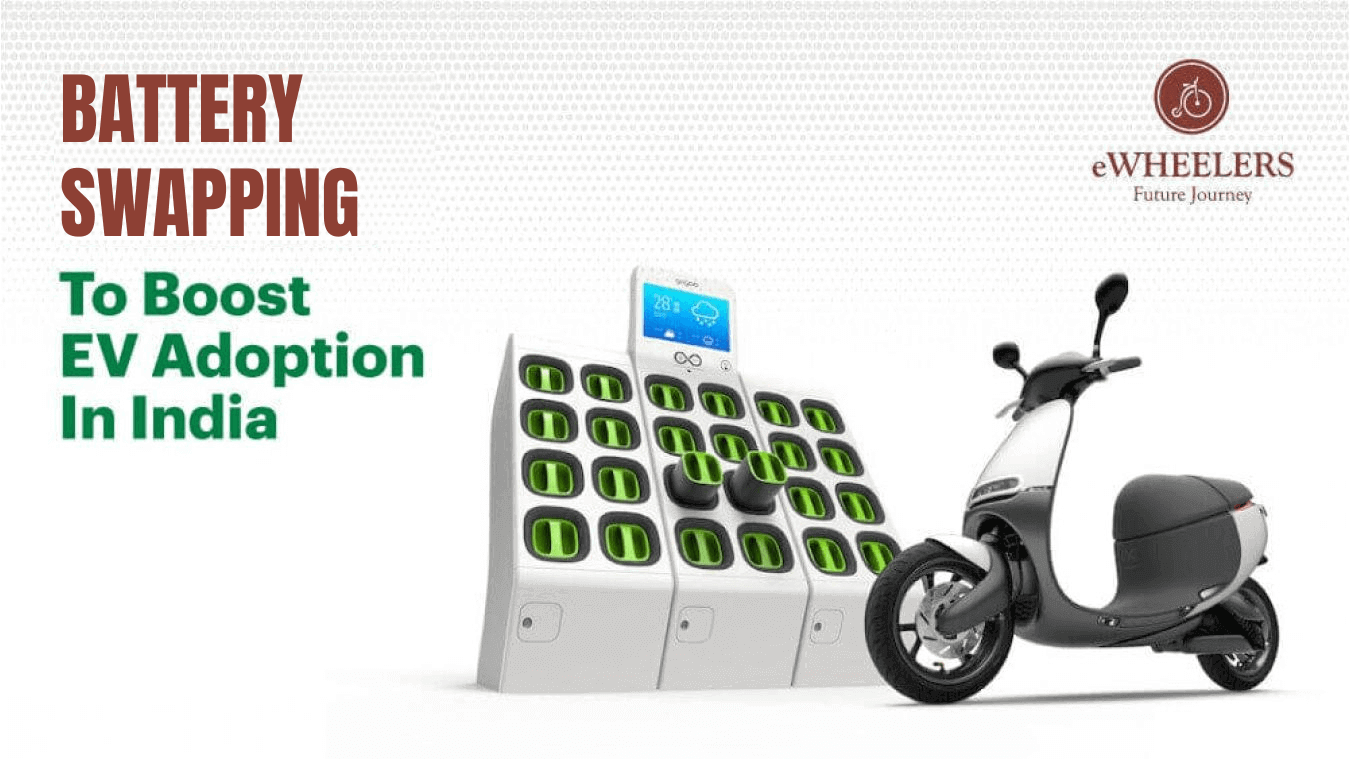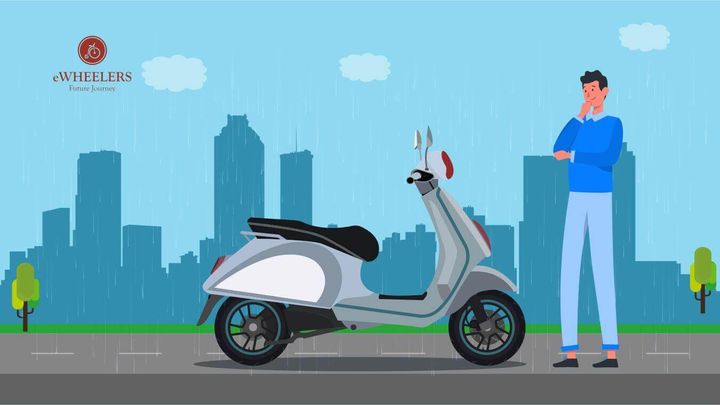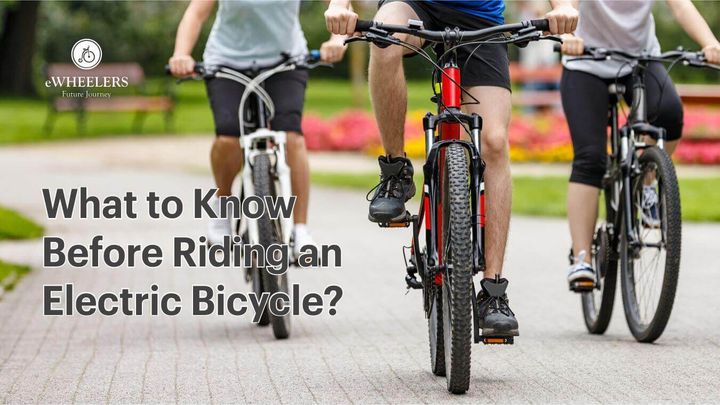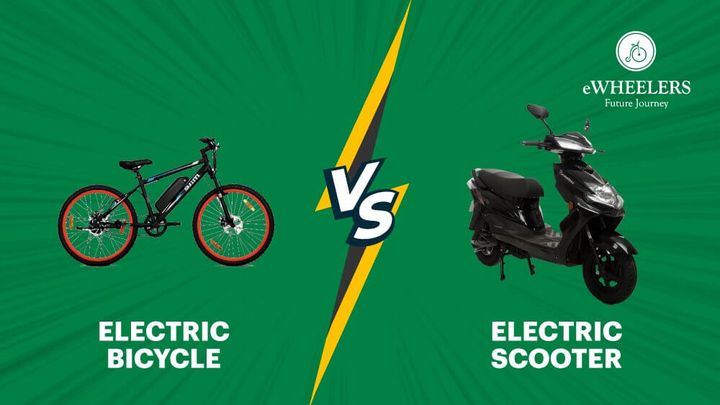How Battery Swapping Will Boost EV Adoption in India?

The rising awareness about environmental deterioration and global warming is encouraging people to switch to electric mobility.
But while the sales are rising, EV penetration in the country stands at a paltry 1% of the total vehicles.
A major concern for every individual interested in purchasing an electric vehicle is charging the EV battery. Compared to refueling a traditional vehicle, charging the battery of an EV is a far more painstaking process.
With an average charging time of 4-5 hours, EVs in their current form are not a practical option for most. Battery swapping could be the answer to this dilemma.
What is Battery Swapping?
Battery swapping allows the owners to swap their drained EV battery with a fully charged battery at dedicated swapping stations. Like the existing refueling stations, the battery swapping stations will function as nodal points for EV owners.
Rather than charging the battery on their own, which will take 4-5 hours, they can replace a drained-out battery with a fully charged one within a few minutes at a swapping station.
Countries like China have already pioneered the battery swapping technology, and attempts are being made in India to implement it on a national scale.
In fact, the government is already working on a battery swapping policy and formulating interoperability standards, as announced by Finance Minister Nirmala Sitharaman in her Budget 2022-23 speech.
What Does Interoperability Mean?
Interoperability or standardization means that EV owners would be able to charge their EVs at any public charging station, irrespective of the make or brand of their vehicle.
Like any vehicle could go to a refueling station to fill petrol or diesel, an electric vehicle could use any public charging station to recharge the EV batteries.
Why Battery Swapping for Improved EV Adoption in India?
Battery swapping effectively tackles some of the biggest issues deterring mass EV adoption in India. Let’s take a look.
1. Fully Charged Battery in No Time
As mentioned in the beginning, recharging the battery of an electric vehicle is one of the most significant reasons people avoid EVs.
But with dedicated swapping stations spread as densely as refueling stations throughout the country, owners won’t have to worry about spending 4-5 hours every time their batteries are out of charge.
Apart from vehicles purchased for personal use, the technology could also prove a game-changer for commercial vehicle users. They’d be more open to purchasing electric vehicles for intracity and even intercity travel with battery swapping.
2. No Range Anxiety
While the driving range of EVs is consistently increasing, range anxiety is still a significant issue. In simple words, range anxiety is the fear of running out of battery charge when you are out on the road and not finding a charging station.
Studies suggest that almost 50% of EV owners feel uncertain about whether or not they’ll be able to charge their EV batteries when they need to.
But with swapping stations spread all over the country, range anxiety should be a thing of the past. Even if you decide to travel from Mumbai to Delhi by road in your electric car, you can stop at swapping stations every time you are close to running out of charge and replace the drained battery.
3. EV Affordability
EV costs have fallen considerably in the last few years. The FAME subsidy and additional subsidies from state governments have also made electric vehicles more affordable.
Technologies like BaaS (Battery-as-a-Service) will further enhance the cost-effectiveness of EVs. With BaaS, the EV battery is offered to the customers as a service. In many ways, it is similar to refueling a conventional vehicle at a gas station.
Rather than the current model of offering dedicated batteries with every EV purchase, the BaaS will reduce the upfront costs of purchasing an electric vehicle to a significant extent.
Not to forget that battery swapping will cost significantly less when compared to purchasing petrol. And with the rising cost of fuel, EVs will prove a more cost-effective alternative with battery swapping and BaaS.
Wrapping Up: Battery Swapping to Boost EV Adoption
The EV industry in India is still at a nascent stage compared to other foreign countries. Only when the government, manufacturers, and consumers work together will we be able to keep up with our COP26 commitment to taking measures to decarbonize our economy.
While establishing swapping stations across the country will be a time, effort, and capital-intensive process, it is an effective way to boost EV adoption by encouraging people while eliminating common inconveniences.
Thinking to switch to an EV? Explore our range of best electric vehicles in India.


